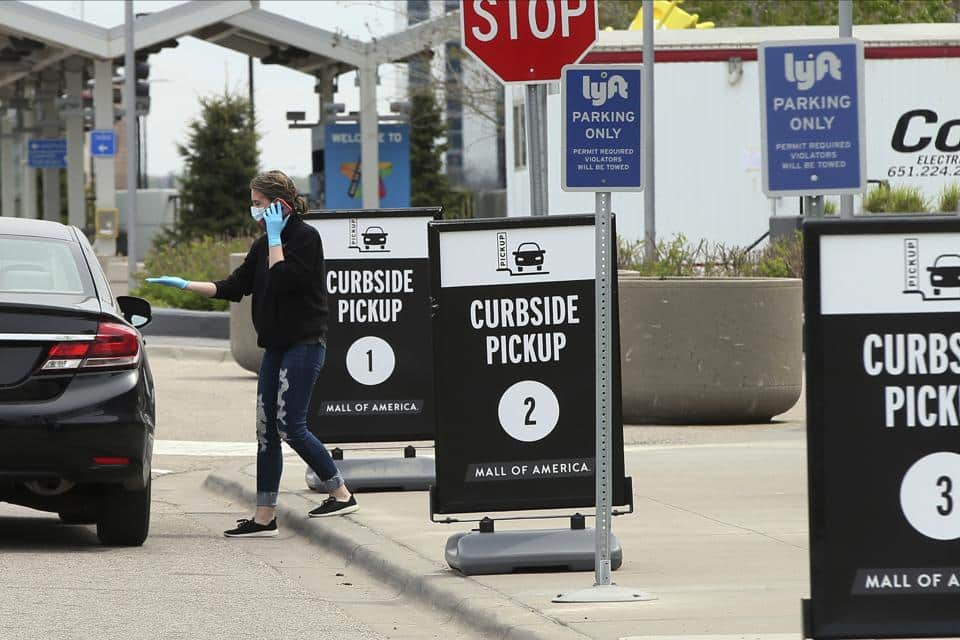What Retailers Need to Know About Curbside Pickup
Curbside pickup is here to stay, here’s four keys to make sure you get it right the first time.
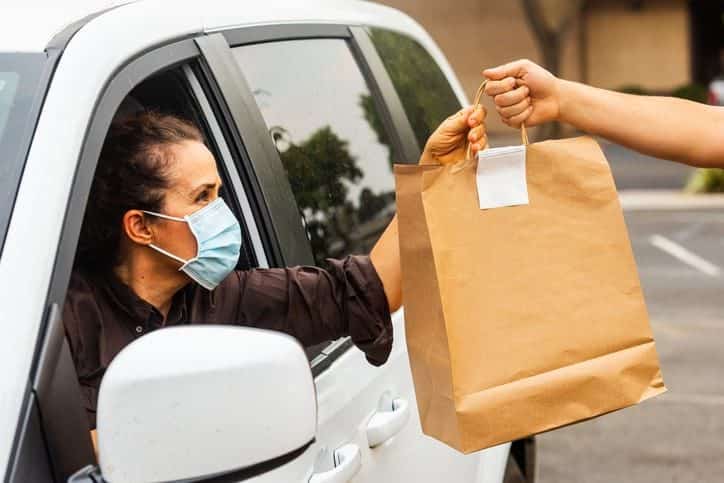
When COVID hit, big box stores like Walmart, Target, and Kroger already had infrastructure to support curbside pickup along with BOPIS options (“buy online, pickup in store”). Mid-size retailers rushed to add their own service for customers who preferred the safety of shopping at home – or couldn’t go inside a store due to closures. Stores suddenly became warehouses, distribution centers, and pickup stations. There’s a lot about the past year that we’re looking forward to forgetting. Turns out, the double down on curbside pickup is one of the things shoppers won’t soon forget. Customers like curbside pickup because they can avoid shipping costs, steer clear of crowds, skip waiting for delivery, and get promotional discounts and bundles.
Best Buy had already been piloting curbside pickup at a handful of stores. Once the shutdowns began, they rolled the process out to every store in just two days. Best Buy operated their curbside-only model for six weeks and the US saw domestic year-over-year online sales increase by a whopping 300%.
As the pandemic hit, Bed Bath & Beyond also made BOPIS and contactless curbside delivery a priority and by April had converted 25% of its US and Canada stores into “regional fulfillment centers” enabling them to double their digital fulfillment capacity in a matter of weeks. Curbside pickup is here to stay, here’s what is essential to doing it right:
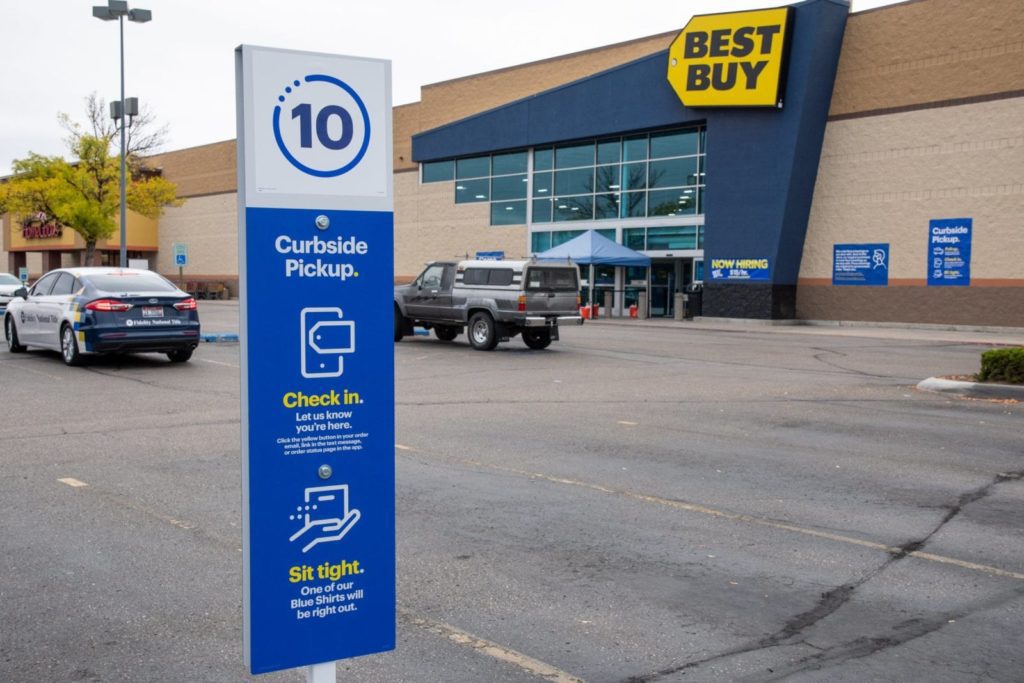
Curbside has to feel branded.
The same focus and training offered to in-store associates has to be translated to make the option a truly branded and satisfying experience. This could be the only in-person contact a customer has with your brand for another six months. It needs to be warm, friendly and efficient. You can’t have associates running around in unbranded jackets dragging merchandise out on dollies with car exhaust choking a line of waiting customers. It has to feel considered, compelling, and complete.
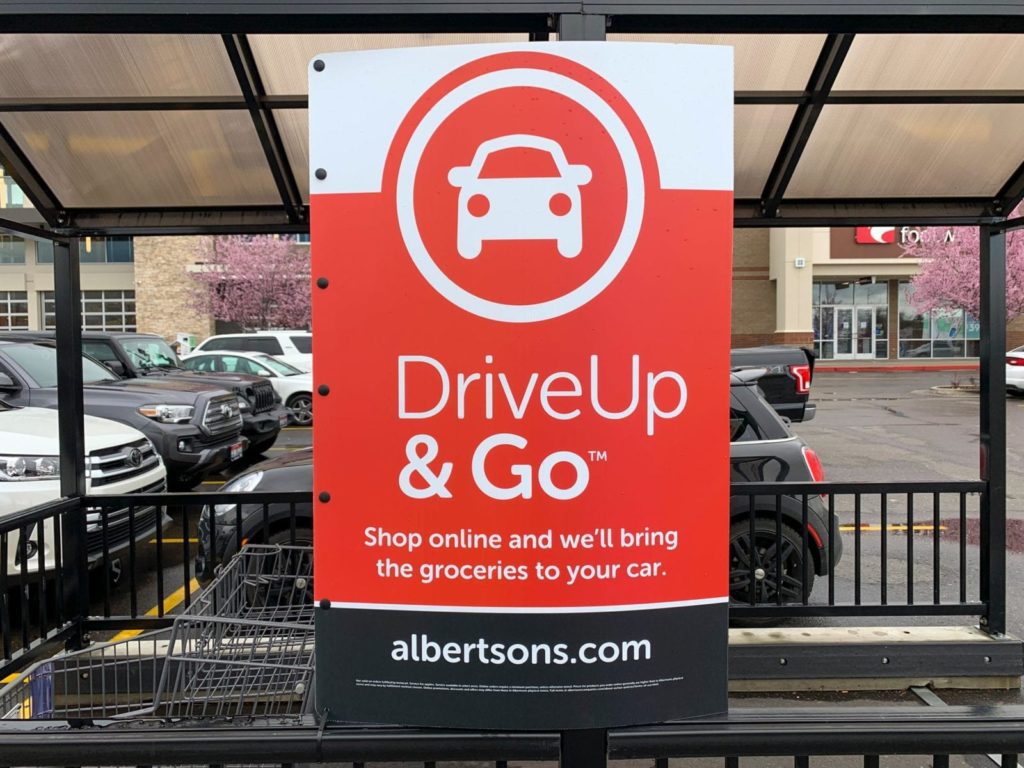
Curbside has to be efficient.
Curbside isn’t about shopping or buying – it’s about getting the thing the customer bought in their car as quickly as possible. Beacons and signage should direct customers on where to drive and park and what to do next, and have a separate dedicated part of a parking lot. BOPIS and pickup orders should include license plate recognition, in-app QR code scans, or other authentication to make sure the right customer picks up the right merchandise.
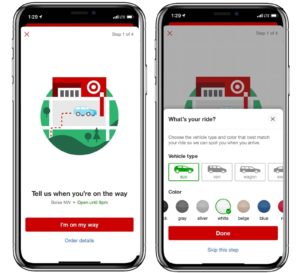
Curbside has to be integrated.
Like everything else, curbside needs to be part of the other segments of the customer journey. Metrics and reporting need to track if particular products or customers or regions are preferring curbside pickup and how to make that more prominent for those segments, increasing a customer’s lifetime value. Ecommerce leaders should be able to report curbside pickup revenues and frequency to better plan and staff for when there might be a rush of orders or interest tied to a sale, holiday, or product launch.
Curbside isn’t going away.
As the pandemic reaches its conclusion, curbside pickup will be one of the things that’s going to stay firmly installed as a first-level delivery option for customers. CommerceHub’s survey found that 59% of consumers are “more likely to use curbside pickup following the coronavirus outbreak.”
Your customers are happy to meet you at the curb. Don’t miss out on a chance to connect with them without making contact. At Lucidworks, we believe that every customer interaction should be able to be able to build on and learn from each digital interaction, across all channels, to improve the shopper experience in real-time. Retailers that invest in connecting digital experiences across store, site, app, purchase, delivery, and support will be able to ride out the next waves and win loyal customers.
Join us for Activate Product Discovery on March 18th! This 1-day event will feature sessions from Lucidworks experts and ecommerce leaders who will share strategies to dramatically improve your customer experience. Register today.
LEARN MORE
Contact us today to learn how Lucidworks can help your team create powerful search and discovery applications for your customers and employees.
